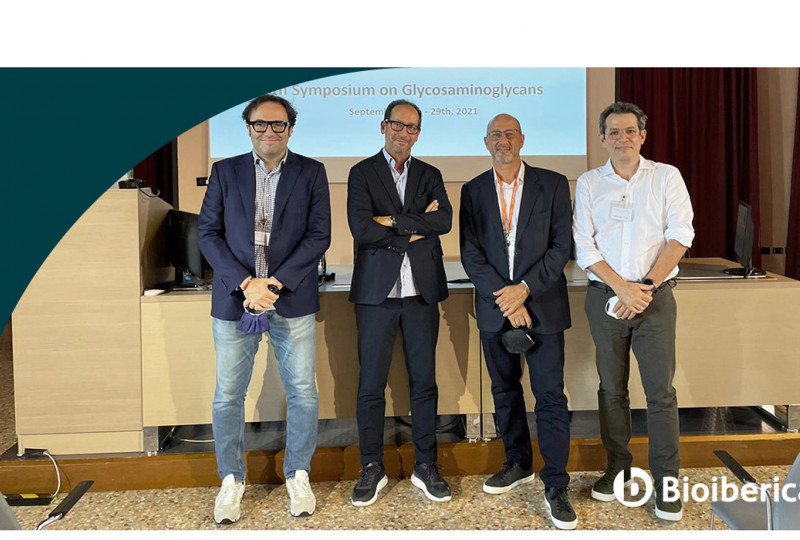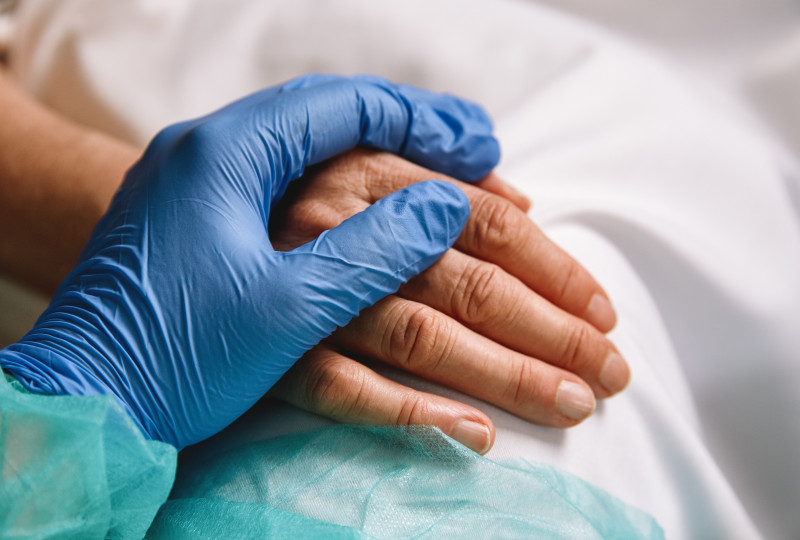His Majesty King Felipe VI, Honorable Patron of the “Centennial of the Discovery of Heparin”
- On 17 June, an institutional and medical-scientific event will take place in Madrid to publicize the clinical and social importance of heparin
- The heparin molecule was discovered in 1916 by Jay McLean, a young medicine student at the John Hopkins University
- Heparin is the most used anticoagulant for the prevention and treatment of thrombosis. One out of four deaths in the world are due to thrombosis-associated causes
- 20% of the heparin administered worldwide is produced in Spain following the highest quality and safety standards

His Majesty King Felipe VI has accepted the appointment as Honorable Patron of the event commemorating “the centenary of the discovery of heparin” which will be held in Madrid next Friday, June 17th. This is a scientific-medical event which is held by the Fundación Pro CNIC and Bioibérica, with the collaboration of Sanofi, Laboratorios Rovi, Fundación Cotec para la Innovación and Marca España. The most important Spanish organizations and companies related to the production of this drug, as well as renowned Spanish and foreign physicians, will be attending this act.
Dr. Valentín Fuster, Spanish cardiologist and General Director of the CNIC, whose research on cardiovascular events has improved the prevention and treatment of infarctions, will be one of the speakers participating in this act. Also attending is Dr. Robert Daniel Rosenberg, one of the most noted heparin specialists worldwide, whose discoveries have allowed us to make great advances in the development and use of this drug.
Carmen Vela, Spanish Secretary of State for R&D (from the Spanish Ministry of Economy and Competitiveness) will be another of the speakers, together with Jorge Barrero, general director of the COTEC Foundation for Technological Innovation, which contributes to our development by fostering technological innovation in Spanish society and firms.
Heparin, which is considered by the World Health Organization an essential medicine, was discovered in 1916 by Jay McLean, a young student of medicine at the John Hopkins University in Baltimore, USA, when he managed to isolate in vitro a canine liver phospholipid that apparently had anticoagulant properties. Since then, millions of patients worldwide have been treated with heparin for the prevention of potentially deadly arterial, venous and lung thrombotic embolisms, coronary events, peripheral arterial diseases or atherosclerosis, among others.
This biological medicinal drug is the most used for the prevention and treatment of thrombosis. According to the International Society of Thrombosis and hemostasis, one out of four deaths worldwide is caused by factors related to this disease. Furthermore, the heparin molecule and its derivatives have a huge potential for the development of new drugs, with heparin being currently under study for the treatment of cancer, malaria, and cystic fibrosis.
Related News
A crucial initiative to prevent shortages of critical medicines in the European Union.
The 28th Symposium on Glycosaminoglycans, an internationally renowned scientific event focusing on glycosaminoglycans, will be sponsored by
- Bioiberica produces 20% of the world's Heparin API.
- Heparin saves around a hundred million lives every year.
- One out of every 5 doses of heparin administered in the world comes from Bioiberica.


